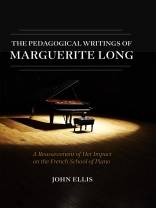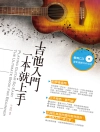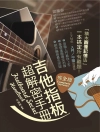Marguerite Long, the most important French female pianist of the 20th century, left her stamp on a whole epoch of musical life in Paris.
The Pedagogical Writings of Marguerite Long presents English translations of the two major contributions of Marguerite Long to the literature of piano pedagogy. These translations of her pedagogical works, Le Piano and La Petite Méthode de piano, provide a window to the old French school of pianism as modernized by Long. Le Piano is a remarkable text offering piano playing techniques and pragmatic and philosophical musings and observations about life, musicians, careers, and more. La Petite Méthode de piano is a personal manifesto about how to introduce children to music. Both works are treasures revealing Long’s lifelong commitment to teaching and they are still stunningly relevant.
In addition, John Ellis analyzes each work and puts it in historical context. He places special emphasis on Long’s illustrious international career, her teaching, her rivalry with Alfred Cortot, and the impact of sexism on her life and work. Ellis addresses the eclipse of Long’s reputation by that of Cortot and fills a gap in the knowledge of Long’s place in the history of pedagogical heritage.
表中的内容
Acknowledgments
Author’s Note
Part I: Marguerite Long’s Le Piano
1. Long as Pianist and Teacher
2. Pedagogy, Style and Politics: Germanophilia vs. French Patriotism
3. Analysis of the content of Le Piano and a comparison with Cortot’s Principes rationnels
4. An English translation of Le Piano
Part II: La Petite Méthode de piano : an analysis of Long’s approach to teaching children
1. La Petite Méthode de piano by Marguerite Long (1963): a Forgotten Connection to the French School
2. English Translation of La Petite Méthode de piano
Bibliography
Index
关于作者
John Ellis is Associate Professor of Music and Director of Graduate Studies in Piano Pedagogy at the University of Michigan School of Music, Theatre & Dance.












